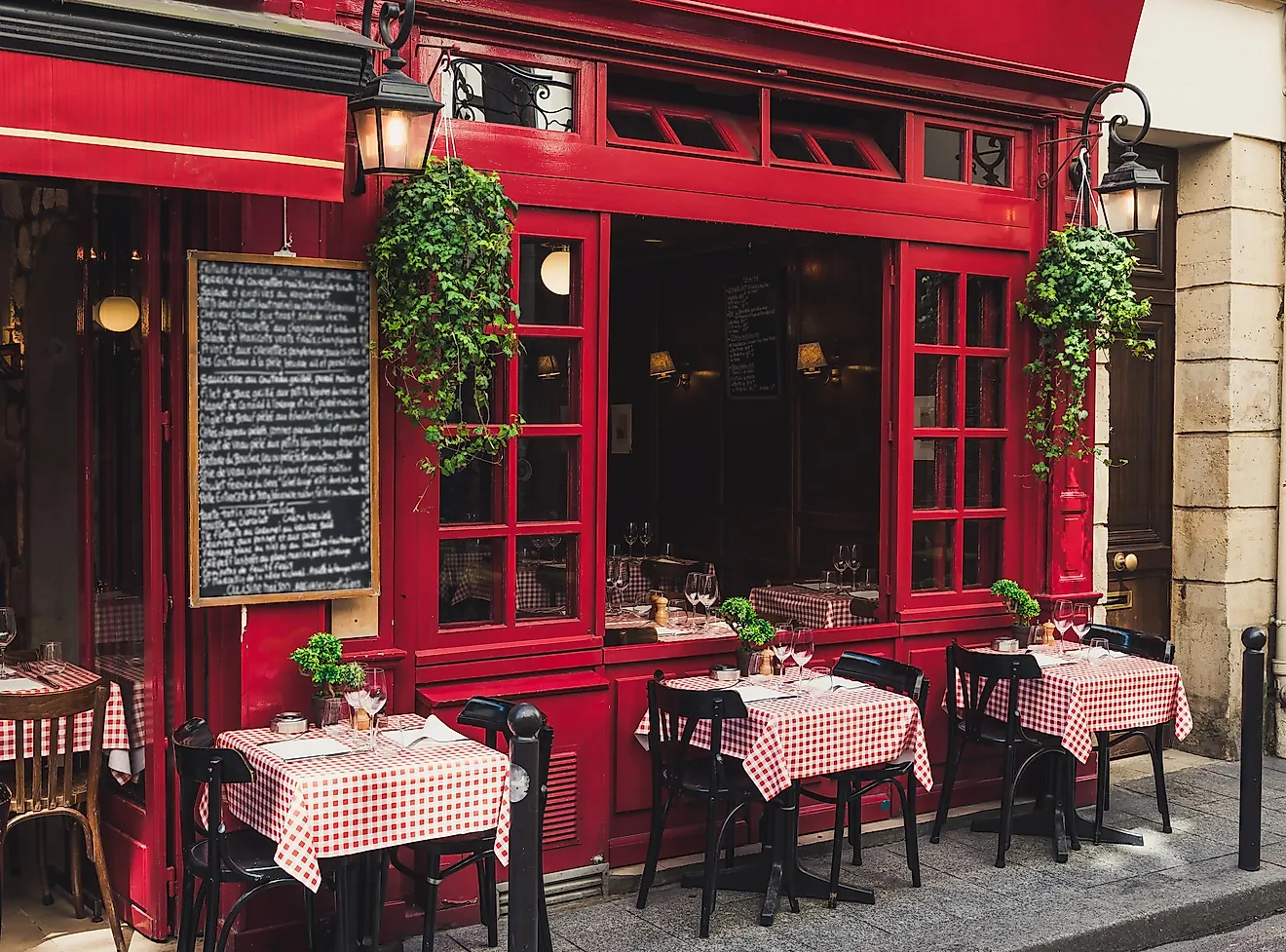French Traditions and Culture

The Republic of France is a European state with a population of about 66 million. It is a multicultural and multi-ethnic country, but the constitution prohibits the gathering of data based on ethnicity. The ethnic composition of the nation is therefore unknown. A president who is elected for a five-year term leads but the prime minister acts as the head of the government. Gallo-Romans, Celtics, and Franks influenced modern French culture when the country was part of western Rhineland during the Iron Age and later Gaul during the Roman era.
Language
French is the official language of France and is spoken by 88% of the population. It is the dominant language in the country. Many French citizens, especially in cities such as Paris, can speak English. When visiting France, it is advised to learn a few French words especially greetings and words of gratitude. Apart from French, other languages spoken in France include English, German, Portuguese, Italian, Arabic, Polish, and Turkish. Most of these languages spoken by immigrants for by natives as a second language.
Religion
The freedom of religion in France is guaranteed by the 1789 Declaration of the Rights of Man and of the Citizen. The history of religion in the state is not as peaceful as it is today. In the early 1800s, religious conflicts rocked the country as the Catholic Church sought to establish a dominant and influential position in the country. The government broke ties with the church and maintained a secular public sector. Today, a majority of French citizens consider themselves Christians (51.1%), but a significant (39.6%) number are not affiliated with any religion. In fact a majority of those who consider themselves Christians and not practicing the religion. The society is more secular compared to the 1960s or 70s. The new generation of millennials thinks religion separates people more than it brings them together and shuns the idea of being classified by religion. A majority of Christians in the country are Roman Catholics. Islam accounts for 5% of the population while Judaism accounts for 0.8%. When visiting France, there is a big probability that you will not end up in a church on Sunday unless you are a staunch Christian, but you will undoubtedly come across churches.
French Cuisine
Food and drink are central to the socioeconomic levels of French society. A lot of socializing is done around lengthy dinners. French cooking style is associated with heavy sauces and complicated preparation, but the cooking style has changed in favor of much lighter meals. Some French dishes include boeuf bourguignon and coq au vin. Interestingly, there are a lot of claims that French fries might have been invented in Spain or Belgium and not France. The French prefer using locally produced ingredients including vegetables and meats. Most French eat three meals a day, breakfast, lunch, and dinner. It is common for drinks to be served before and after meals.
French Table Etiquette
The French dining rules might surprise non-locals especially those used to freestyle dining. When in a restaurant, you wait to be instructed where to sit at the dinner table because there is a pre-arranged seating plan. One is not supposed to eat until everyone at the table has been served and the hosts give a go go-ahead saying “bon appétit” (have a good meal). It is a tradition for men to pour wine into the glass of a woman they are seated next to. When eating the fork is held in the right hand and the knife in the left and should not be switched. When you are done eating the fork, and the knife should be placed in a particular manner to suggest what you need from the host.











